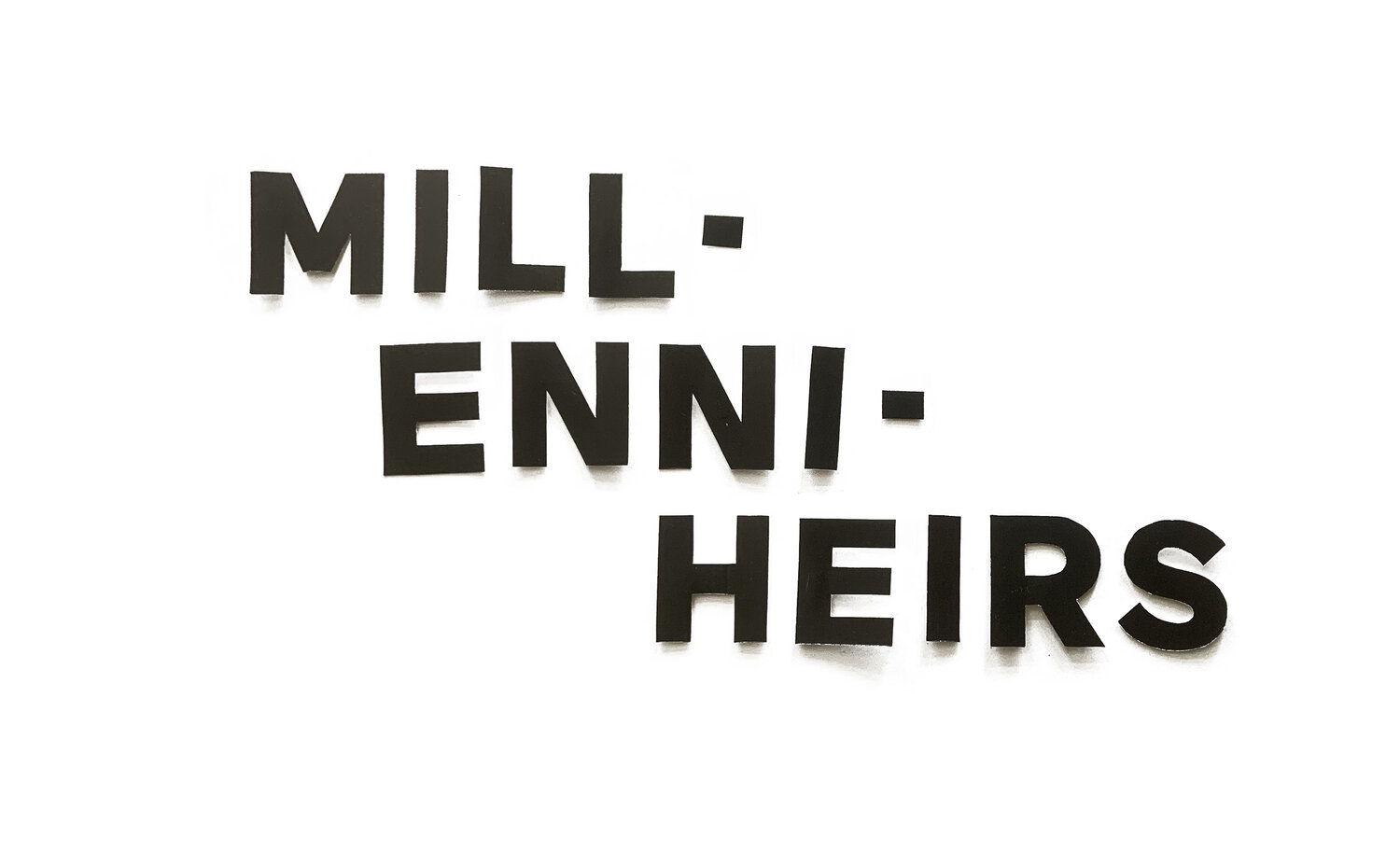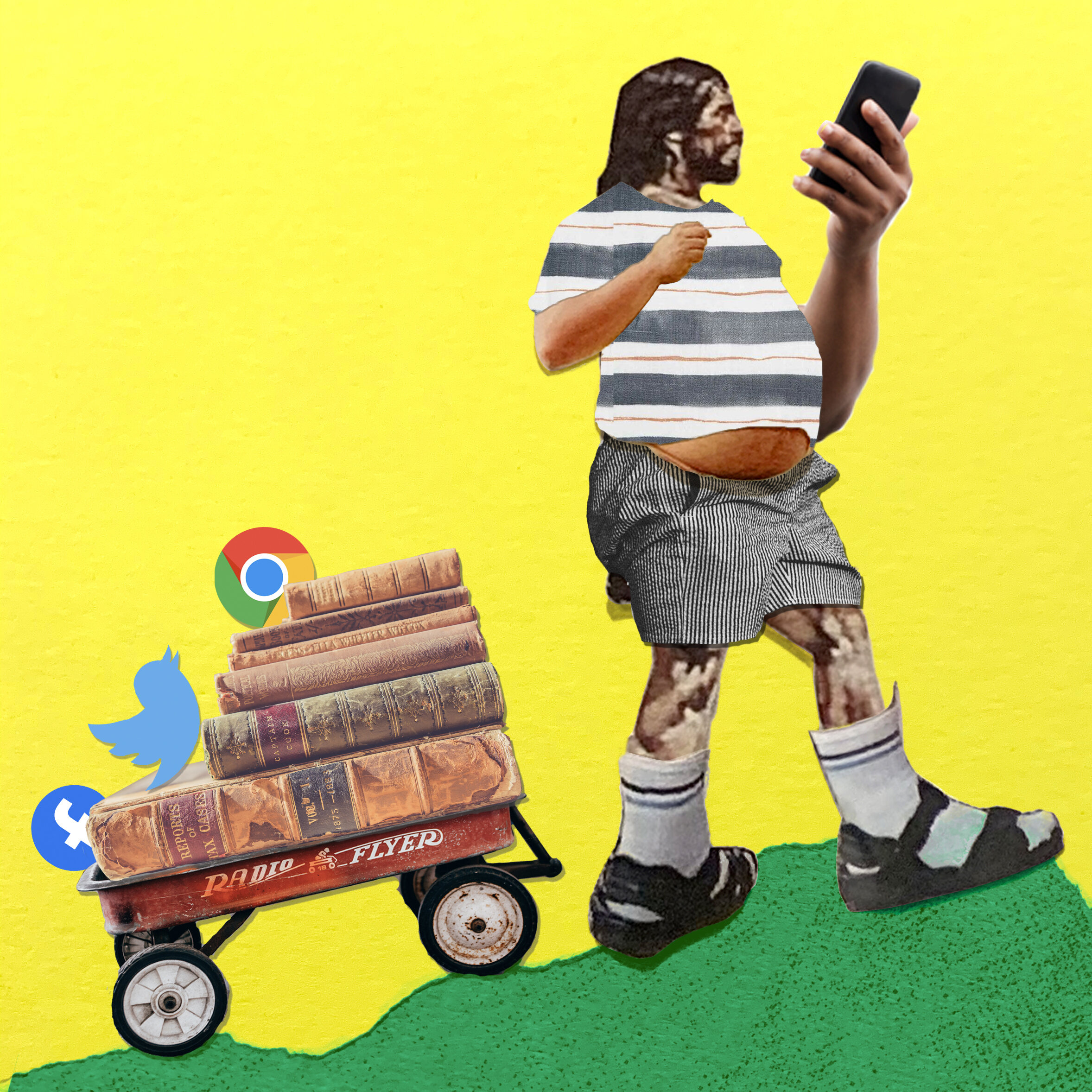EPISODE 2
In Information We Trust?
LENGTH: 39:13 | AIR DATE: 12/16/2020
In an age where information is at our fingertips, how did we become so dumb about science? In Episode 2 of #Millenniheirs, a Gen Z-er and baby boomer discuss the spread of misinformation. Host Jessie McGuire interviews Alex Alben, a baby boomer who has served as chief privacy officer on the state level and now teaches Internet Law at UCLA, as well as Kavya Kopparapu, a junior at Harvard who is innovating healthcare through the use of AI. To hear more, listen below and subscribe to ThoughtMatter on Spotify, Apple Podcasts or SoundCloud.
BIOS
Alex Alben
Alex Alben is a technology executive and privacy expert, who served as Washington State’s first Chief Privacy Officer from 2015 to 2019. In that capacity, he worked on consumer privacy legislation and coordinated privacy and data policy for state and local government. As one of only five Chief Privacy Officers in the country, Alex initiated statewide programs for enhanced privacy training, consumer education and legal compliance. In March of 2017, Gov Tech Magazine named him one of the country’s top “Doers, Dreamers and Drivers” in state government.
A graduate of Stanford University and Stanford Law School, Alben writes about the intersection of media, technology and politics. He is the author of Analog Days—How Technology Rewrote Our Future. He taught the Privacy Law section of the Tech Policy Law Clinic at the University of Washington School from 2015-19 and currently serves as a Visiting Professor at the UCLA School of Law where he has taught courses on “Privacy, Data and Technology,” and “Internet Law, Media & Society.
Kavya Kopparapu
Kavya is a junior at Harvard studying technology and healthcare innovation. Kavya has worked in the intersection of AI/ML and healthcare for the past four years in areas such as accessible diagnoses, precision medicine, healthcare resource allocation in developing countries, and more. Her projects earned her one of TIME's Most Influential Teens, WebMD's Health Heroes, and Glamour Magazine's College Woman of the year. She has a patent on a precision medicine platform for glioblastoma and has been featured by Forbes, Tech Crunch, Refinery 29, and IEEE Spectrum.
Kavya was a 2019 Teen Choice Award recipient for her work with her nonprofit organization, GirlsComputingLeague, which works to provide accessible emerging technology education to low-income students and young women. Since its founding in 2015, GCL has expanded to 15 states across the US and aims to support 1,000 low-income educational institutions by the end of 2021.
SYNOPSIS
In this episode, we discuss our relationship with information (the good, the bad and the ugly) especially when every news headline out there is about the pandemic and how our healthcare data is crucial in defeating the virus – our lives literally depend on it. Is the notion of data privacy outdated? Whose information do we trust and who do we trust with our information?
In their passionate discussion, Alex and Kavya touch on societal issues arising from digitization and the domination of the internet like data ownership and misinformation, specifically in the healthcare system.
I think we have to try to rebuild trust, which is difficult. It's a big challenge for our society. And the outgoing administration hasn't helped us in that regard, because of its attack on information and its attack on science and its attack on messengers of science. I mean, that's a real thing that we need to restore right now.
Alex Alben
(1:53) Because we all get information from the internet, the danger lies in the uncontrollable spread of false or manipulated information. It’s a fairly difficult legal and regulatory issue to determine what gets posted or taken down. Today, social media platforms bear the responsibility of ethically responding to certain excesses without compromising on the freedom of expression.
(4:53) Alex defines media literacy as the ability to predict that a source of information will lead to a bias. On the medical front, Kavya reinforces the importance of virality on social media platforms such as TikTok, which circulate short-format videos and other content for their sensationalizing effect instead of accuracy of information. During the pandemic, Kavya studied Covid-19 hotspots based on web search data collected from various different sources, and concluded that key influencers in the community are equally responsible for spreading correct and incorrect information.
(7:30) There is a great deal of misinformation about the vaccine and its availability. Alex questions how social media is able to regulate misinformation or, in contrast, distort the facts. The anti-vaccination movement doesn’t deal with actual science, yet it affects real lives with a so-called scientific message to the people. For Kavya, the way we flag information as misleading or incorrect depends on the way we deliver it. It will be interesting to see how social media companies flag misinformation and help users form their own opinions and decisions.
(9:43) In the digital era during the pandemic, young people are navigating a different college experience online. Students find it difficult to rely on a platform that preserves their privacy, yet risks becoming an echo chamber of their own viewpoints. She contrasts the experience with real-life interactions on college campuses where one has access to a much more diverse exchange of worldviews between students. Alex references the importance of encyclopedia books and print media, considered by his baby boomer generation as accurate and trusted sources. But he recognizes that different types of deep-dives into information via podcasts, seminars and university studies are just as compelling.
(13:58) For Kavya’s research in AI in healthcare, the need to safely collect and aggregate a huge amount of data to target different groups of people is essential to the accuracy of the research. Alex agrees that the use of AI technology in medical research is promising, as long as we consider the privacy of data and the way we interpret it. The benefits presented by data for societal progress shouldn’t be diverted for commercial gain to sell things and track us. That’s why Kavya reinforces the importance of taking control of our own data.
(22:00) With regards to Covid-19, the data collected for contact-tracing should only be used for the purpose of solving a public health crisis without affecting people’s privacy. To Kavya, the notion of data being private is a little outdated and it all comes to down who you trust with your data.
(25:27) Alex adds that we need to restore trust across the country in a system as a whole, which is a big undertaking at a time when defiance against the scientific community comes from the outgoing administration. Kavya is cautiously optimistic about the role of technology in medical research and hopes that it will be backed by the US government. Alex is optimistic about young people fighting for their privacy rights and taking control of their data.
REFERENCES
ONE NATION, TRACKED An Investigation Into The Smartphone Tracking Industry From Times Opinion, The New York Times
The Privacy Project, The New York Times
The Health Insurance Portability and Accountability Act (HIPAA), the U.S. Department of Labor
Data Portability – Data Transfer Project
The Future Is Bright If More Teens Could Think About High School the Way Kavya Kopparapu Does, The Smithsonian
Analog Days: How Technology Changed Our Culture; Alex Alben, Edmonds Community College




